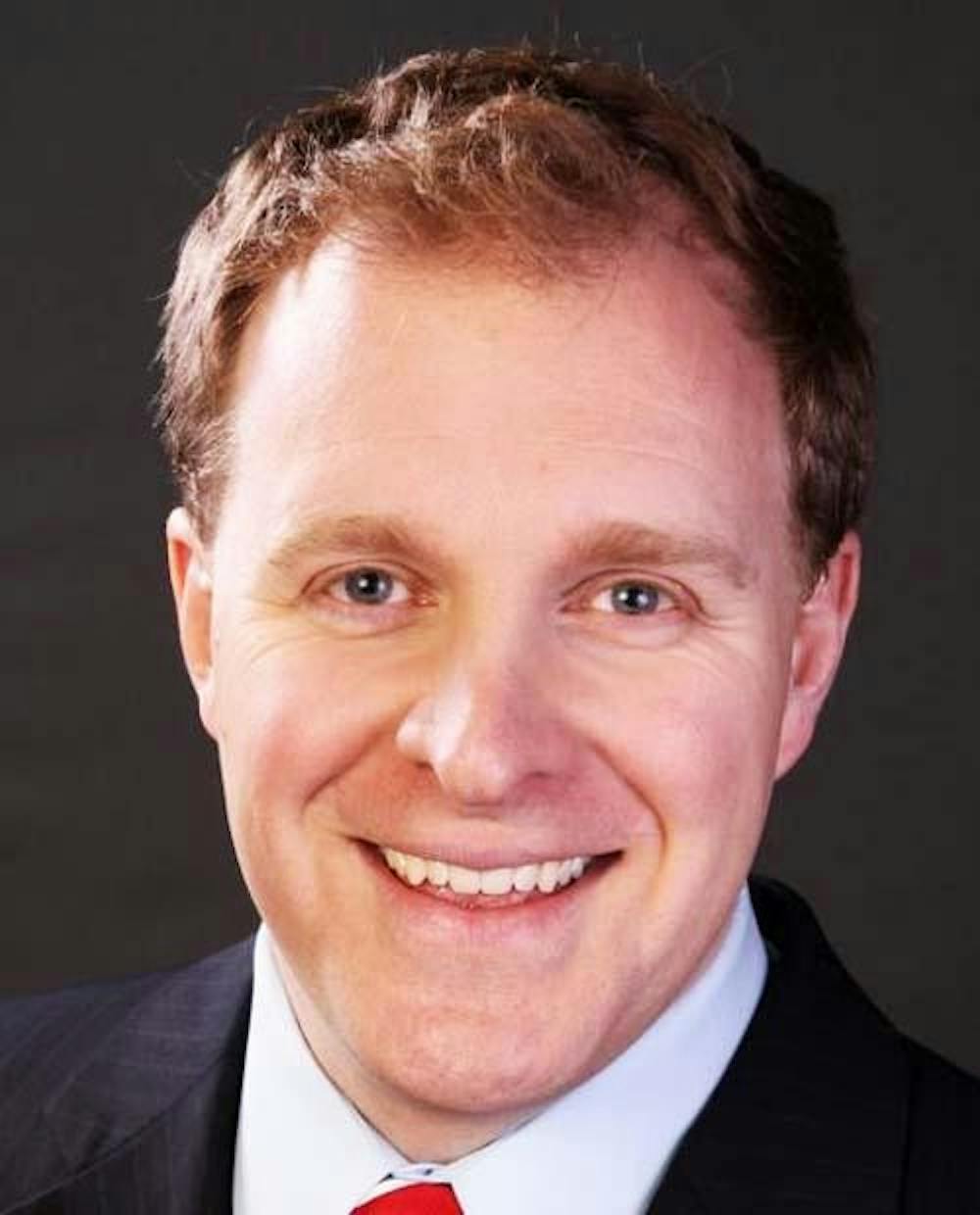Charlies Hales (Photo courtesy of charliehales.com)
Jefferson Smith and Charlie Hales have something in common besides the opportunity to lead Portland for the next four years: their controversial and sordid pasts.
Since they began their campaigns for mayor, numerous reports have emerged degrading the character of the candidates.
Smith has been charged with seven speeding tickets and had seven license suspensions. He has also been accused of aggression in several circumstances. Smith punched an opponent during an organized basketball game last November. Smith also punched a young woman while in college. Smith was initially charged with misdemeanor assault, but the charge was dropped as part of an agreement that required Smith to do community service. Smith says the incident was an accident and that he was acting in self-defense.
Hales has been accused of deceitful behavior several times.
Hales was criticized for moving to Washington State to avoid Oregon taxes from 2004 - 2009 while still continuing to vote in Oregon, where he maintained a separate residence.
He also was caught covertly recording the Oregon League of Conservative Voter's endorsement interviews.
There also was a controversy over a letter to the editor of the St. John's Review. That letter, signed by Hales, plagiarized two passages from an Oregonian article and implied that Hales was on a neighborhood tour that he did not actually attend. Hales attributed it too a misunderstanding by campaign staff.
Portland voters must decide between two men with fairly similar political viewpoints, but different leadership styles and weaknesses. Oregonian columnist and UP adjunct professor Steve Duin says voters are faced with two seriously flawed candidates.
"Can you live with this history of irresponsibility that Jefferson has and that he's argued he has put behind him or can you live with Charlie's seeming willingness to misrepresent the truth?" Duin said.
It is not yet clear what role the candidates' past behavior will play in the election.
Political Science professor Gary Malecha says that although personality and morals do matter in an election, it is difficult to get the whole picture. "Character is important but it's hard to make an informed judgment," Malecha said. "We don't have all the info and we haven't seen them in office."
Whether or not the controversy affects voter turnout will be evident after the election in November. In the meantime, it only adds to the growing pessimism surrounding politics nationally.
"The issue you're obviously dealing with is that no one is happy about any election," Duin said. "Given the opportunity, I'm not sure that Sam Adams wouldn't get re-elected."
Jefferson Smith (Photo courtesy of Jefferson Smith’s Faceboook)








